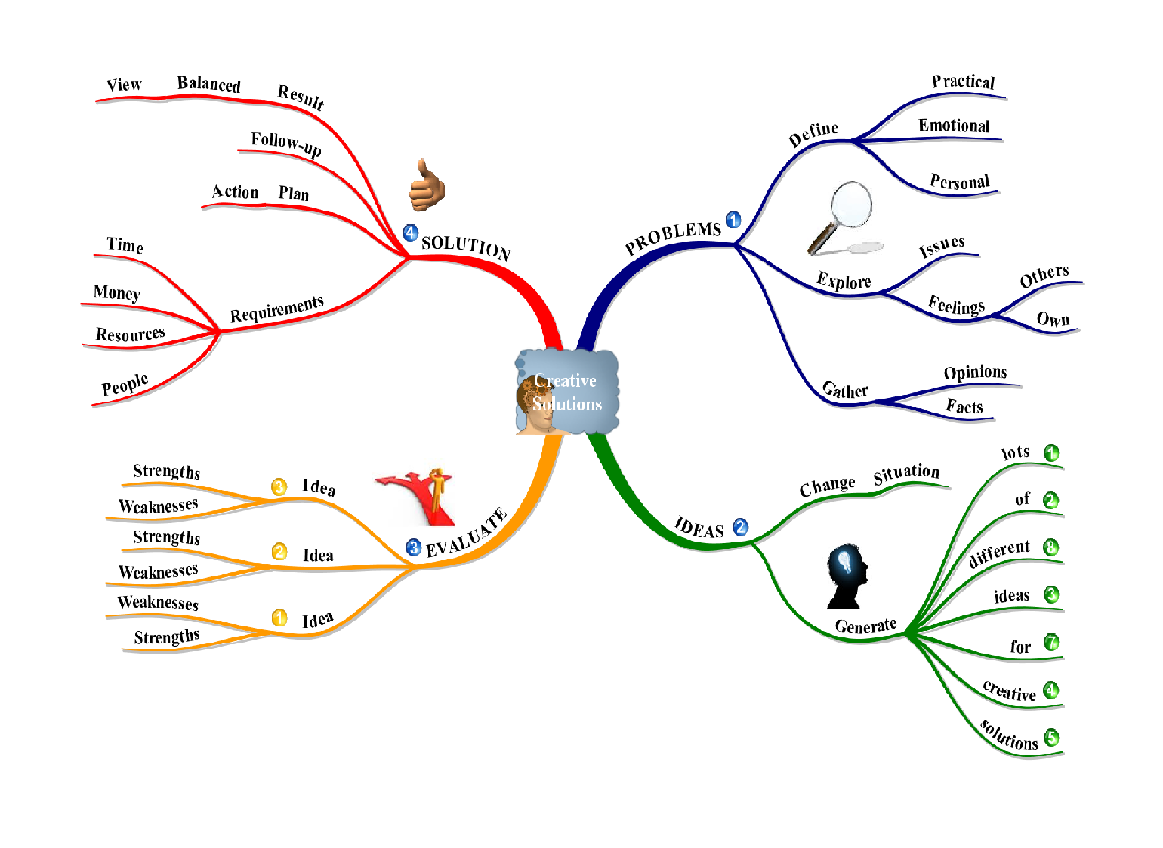“…we have to understand an area deeply enough in order to be able to identify the key problems….Once you have those insights, coming together in this process of combining different ideas makes a lot of sense. But if you just go straight for combination and diverse teams, you may be missing out on the highest impact ideas because you haven’t done what I consider to be the pre-work, which allows you to have that in-depth insight into innovation.” Sarah Kaplan, University of Toronto.
I find myself scratching my head a lot when reading about research that in the end, discovers something that common sense already has told us. This secondary research is often a “data mining” approach that often looks at flawed assumptions. In this study, it was the assumption that the number of citations a patent receives from downstream patents determines it’s novelty or innovative rating. I can hear Homer Simpson slapping his head “Doh” !!!!
Haven’t these researchers taken the time to sit in on brainstorming sessions and measure the capabilities of the group, monitor the ideas put forth, measure the “deep knowledge” in the room as well as the diversity of the group? Then it is a matter of measuring the innovative economically valuable solutions against the “big brain” matrix in the room. This process is dynamic, varied and perhaps most importantly unique to each situation.
Where management researchers go astray in my opinion, is they try to extract principles, techniques and measurable actions that can be put into a reproducible formula for successful management. In this case, determining the critical success factors (csf’s) of innovation.
I laughed when I read this statement on a key research finding: “Patents that were both novel and had economic value were the most valuable. And that was only about 1% of the total patents.” Let me see if I understand this, patents that are new and have economic value are valuable ! I must be missing something.
Oh well, academia marches on but you have to wonder how much of the increase in college tuition is piddled away on reasearch that common sense could have made moot. For the full article go here

